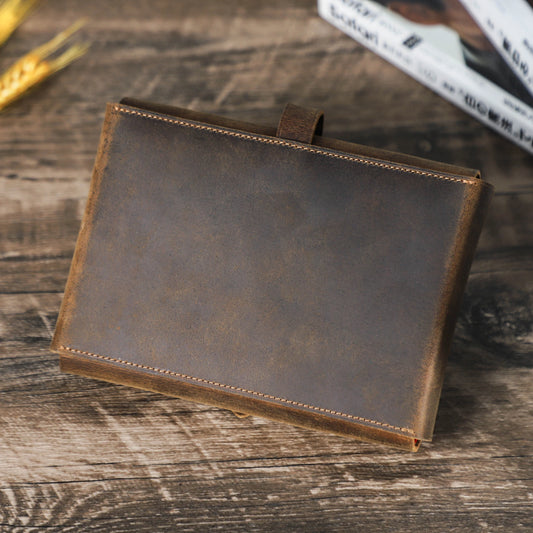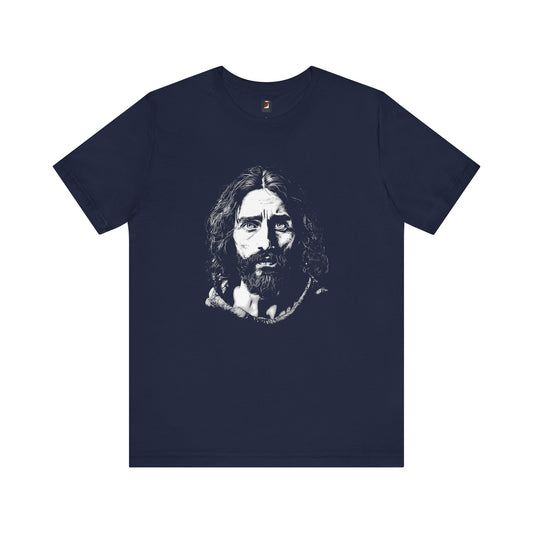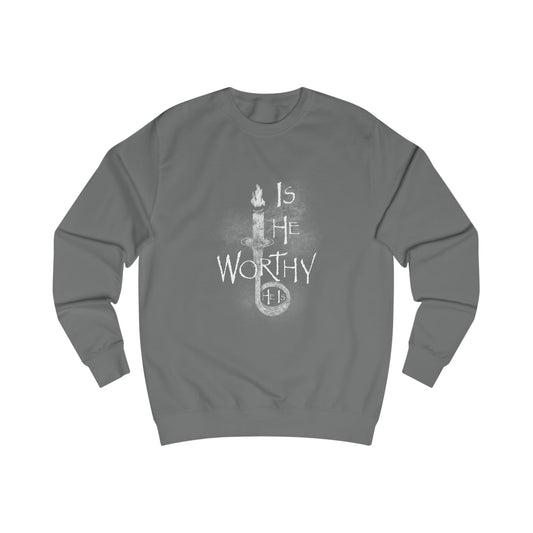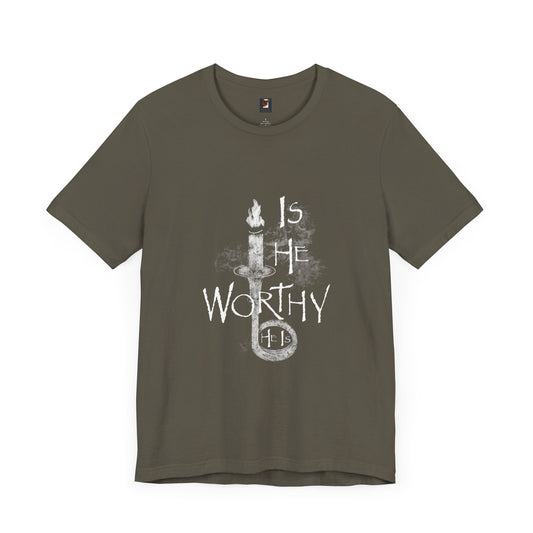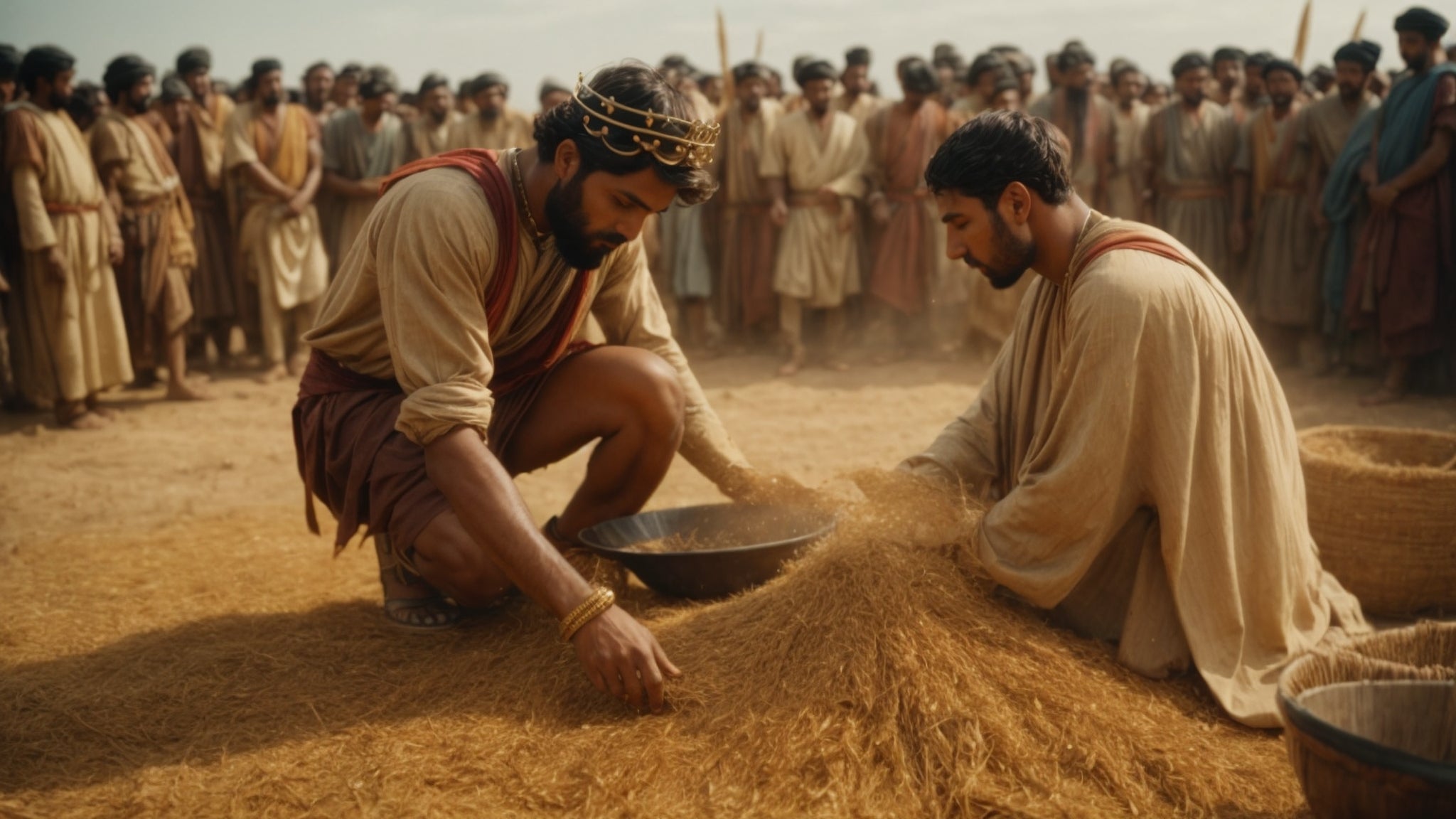
King David, the Threshing Floor, and Me
I identify greatly with King David in this season of my life....how he goes from being a "man after God's own heart" to being a disobedient wretch and back again. This cycle seems to happen with him over and over again throughout his life. Just read through the Psalms. Most of them start with a complaint, then repentance, then realizing once again who God is, and realigning his heart with God's heart.
My favorite illustration of this, though, comes near the end of David's epic life and is recorded in 2 Samuel 24 and 1 Chronicles 21. In these two passages, we read two accounts of the same story.
David, with no looming threat of war or attack from an enemy, decided to take a headcount of all the soldiers within his kingdom. The passage in 1 Chronicles indicates that Satan incited him to do this in order to bring down God's anger on the Israelites. This passage also shows that Joab, whom David tasked with carrying out the census, voiced his concern over "this evil thing". But David insisted.
Now, the Scripture does not say why this was a sinful move on David's part, since taking a census hardly counts as breaking one of the Big Ten. But it is clear from David's immediate remorse that he knew he was wrong to do it. Some Biblical scholars believe the sinful nature of his action lies in David's motivation:
1 - He was taking pride in the size and might of the empire he had amassed
2 - He was finding his security in the availability of his vast fighting force instead of in God and His Word.
Whatever the reason, David carried out his census even after being challenged by one of his trusted advisors to examine his motives (to which he had no answer). Immediately after the deed was done, David repented and asked God's forgiveness.
However, David still had to pay for his sin. God, because He so loved David, gave him a choice between three options for what his punishment would be. You can read the passage, but the Cliff's Notes are this: David opted for the punishment that came straight from God's merciful hand, rather than being allowed to fall "into the hands of men" (1 Chron. 21:13) So David's punishment - that God sent a horrible plague of disease on all of Israel - resulted in the deaths of 70,000 of his people.
Hear this: 1 man's sin = 70,000 dead.
David's pride and insecurity = thousands affected.
As I read this and the reality sank in, God showed me that my own pride and insecurity, had they been left intact, would have killed the effectiveness of my life and ministry. A lifeless ministry begets no fruit, and who but God knows how many precious lives would fail to receive that seed of the Gospel?
Whoah. That is heavy.
So what was I to do? What did David do? David, as I, desperately wished to keep his failures from taking any more lives. He cried out to God to make the plague stop, and to spare those who were innocent.
God's response was the threshing floor.
“David said to God, 'Was it not I who ordered the fighting men to be counted? I, the shepherd, have sinned and done wrong. These are but sheep. What have they done? Lord my God, …do not let this plague remain on your people.’ Then the angel of the Lord ordered Gad to tell David to go up and build an altar to the Lord on the threshing floor of Araunah the Jebusite. So David went up in obedience to the word that Gad had spoken in the name of the Lord. While Araunah was threshing wheat, he turned and saw the angel; his [Araunah's] four sons who were with him hid themselves. Then David approached, and when Araunah looked and saw him, he left the threshing floor and bowed down before David with his face to the ground.
David said to him, ‘Let me have the site of your threshing floor so I can build an altar to the Lord, that the plague on the people may be stopped. Sell it to me at the full price.’
Araunah said to David, ‘Take it! Let my lord the king do whatever pleases him. Look, I will give the oxen for the burnt offerings, the threshing sledges for the wood, and the wheat for the grain offering. I will give all this.’ But King David replied to Araunah, ‘No, I insist on paying the full price. I will not take for the Lord what is yours, or sacrifice a burnt offering that costs me nothing.’”
In case you don't know what a threshing floor is, let Wikipedia help us understand:
Threshing (thrashing) was originally "...' to tramp or stamp heavily with the feet'..." and was later applied to the act of separating out grain by the feet"[emphasis mine]
The process goes something like this:
Sheaves of grain would be opened up and the stalks spread across the threshing floor. Pairs of donkeys or oxen (or sometimes cattle or horses) would then be walked round and round, often dragging a heavy threshing board behind them. This would tear the ears of grain from the stalks and loosen the grain itself from the husks.
After this threshing process, the broken stalks and grain were collected and then thrown up into the air with a wooden fork-like tool called a winnowing fan. The chaff would be blown away by the wind; the short torn straw would fall some distance away while the heavier grain would fall at the winnower's feet. The grain could then be further cleansed by sieving.
Time and time again throughout the Bible the Lord refers to his process of cleansing his children from their sin in the symbolism of the threshing floor. Basically, it is where the wheat (the useful part) is separated from the chaff (the part that is only good for kindling). It is where we are purified of the parts of us that are no longer useful or that are downright destructive (read: sinful).
The threshing floor is where I have been for some time now. This is the place where my faith becomes costly - it costs me my comfort, my pride, my security and insecurity, and my fear. If I willingly continue to allow God to refine me, it will cost even more than that.
It costs more than some are willing to give. David stated it this way:
"I insist on paying the full price. I will not...sacrifice a burnt offering that costs me nothing." ~ 1 Chronicles 21:24
But there is hope in the threshing floor because what is left after all the cost has been exacted - after all the chaff has been blown away - is the useful portion: the parts that line up with His word, the Fruits of His Spirit which can accomplish His will and the building of His Kingdom on Earth.
David built an altar on the site of his threshing floor, which eventually became the site of the temple. Solomon's Temple...the most beautiful place of worship ever built. This place that, to David, represented the loss of parts of him, would symbolize to others the gaining of an eternal covenant with an Eternal God.
I pray that my walk through this process will have the same effect. May my purified life witness the grace of God to those who observe its beauty.
I declare with David that I will no longer bring to God sacrifices that cost me nothing.
And while I have paid the cost through laying down my pride and repenting of my sins, this is not a one-time deal. He asks us to do this daily.
“Whoever wants to be my disciple must deny themselves and take up their cross daily and follow me." Luke 9:23
I will consider this a place of worship, a site of thanksgiving to the Good, Good Father for restoring me here.
Is God taking you to the threshing floor in your own life right now? Yield.
Has He brought you recently through a purifying process? Build an altar there.
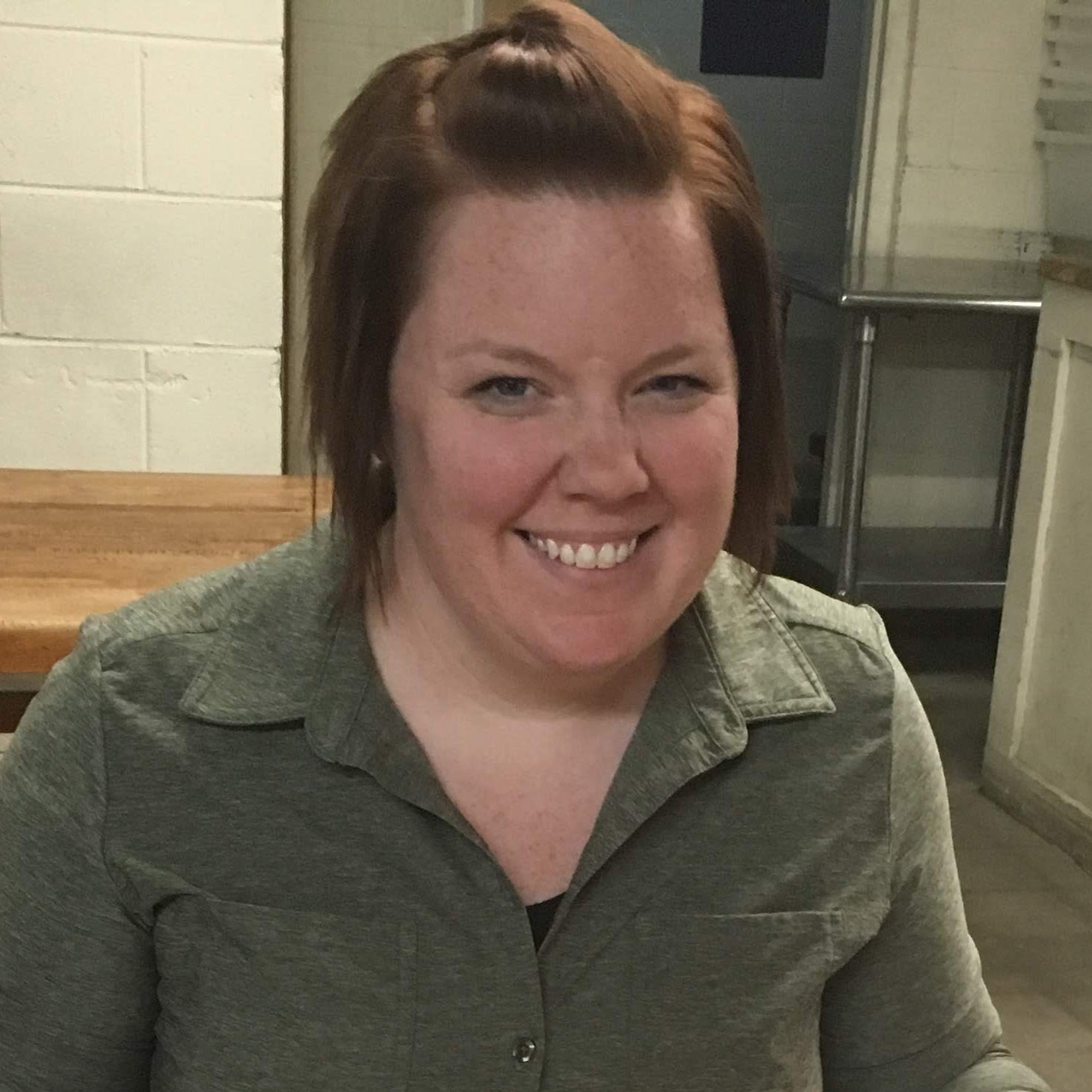
ABOUT THE AUTHOR
Amanda Shaffer
I am a writer, hiker, photographer, and graphic designer. I live in West Virginia with my husband and two kids, and we love and serve God and our local faith community as much as we can.
Printify
IS HE WORTHY | Unisex Ultrasoft Tee
Share
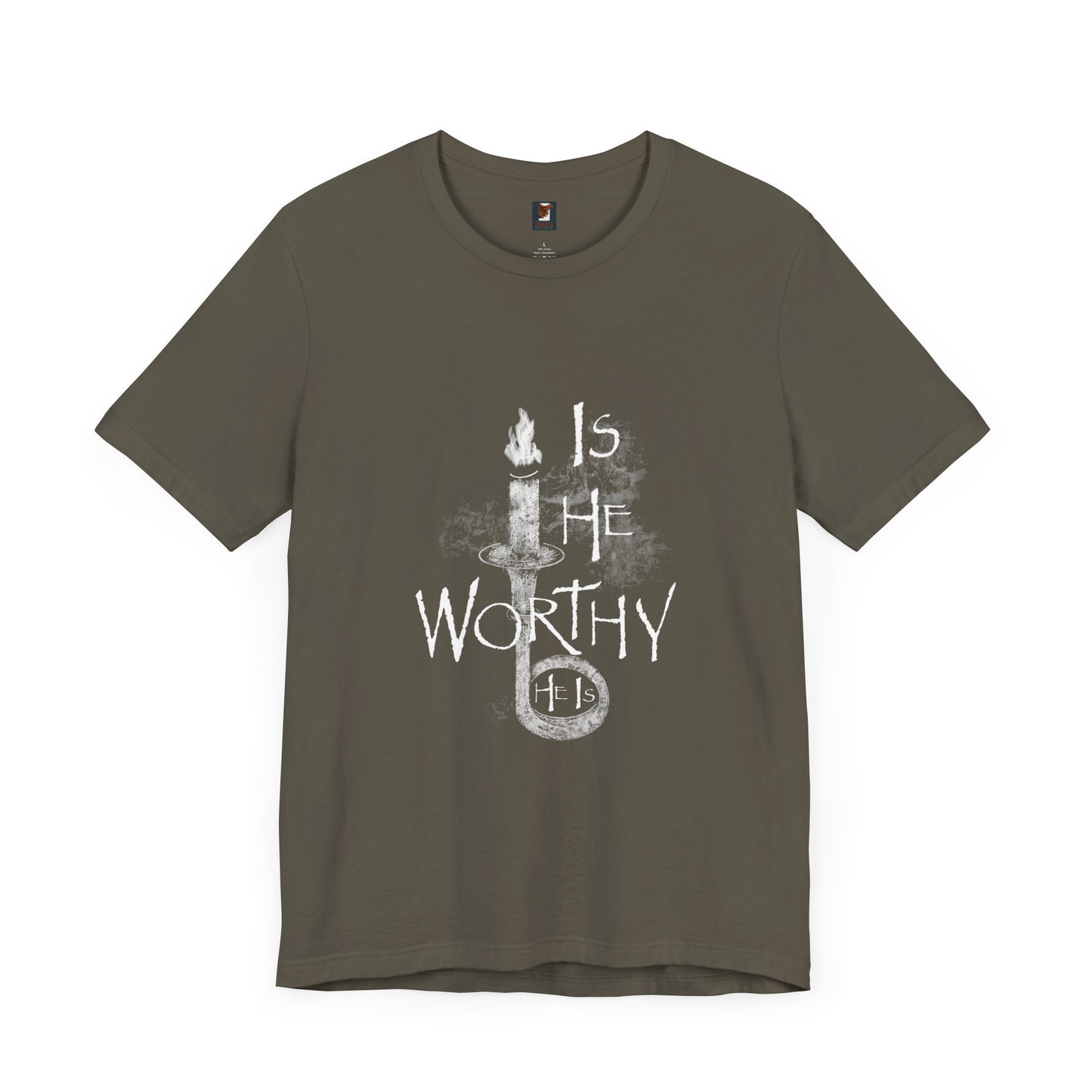
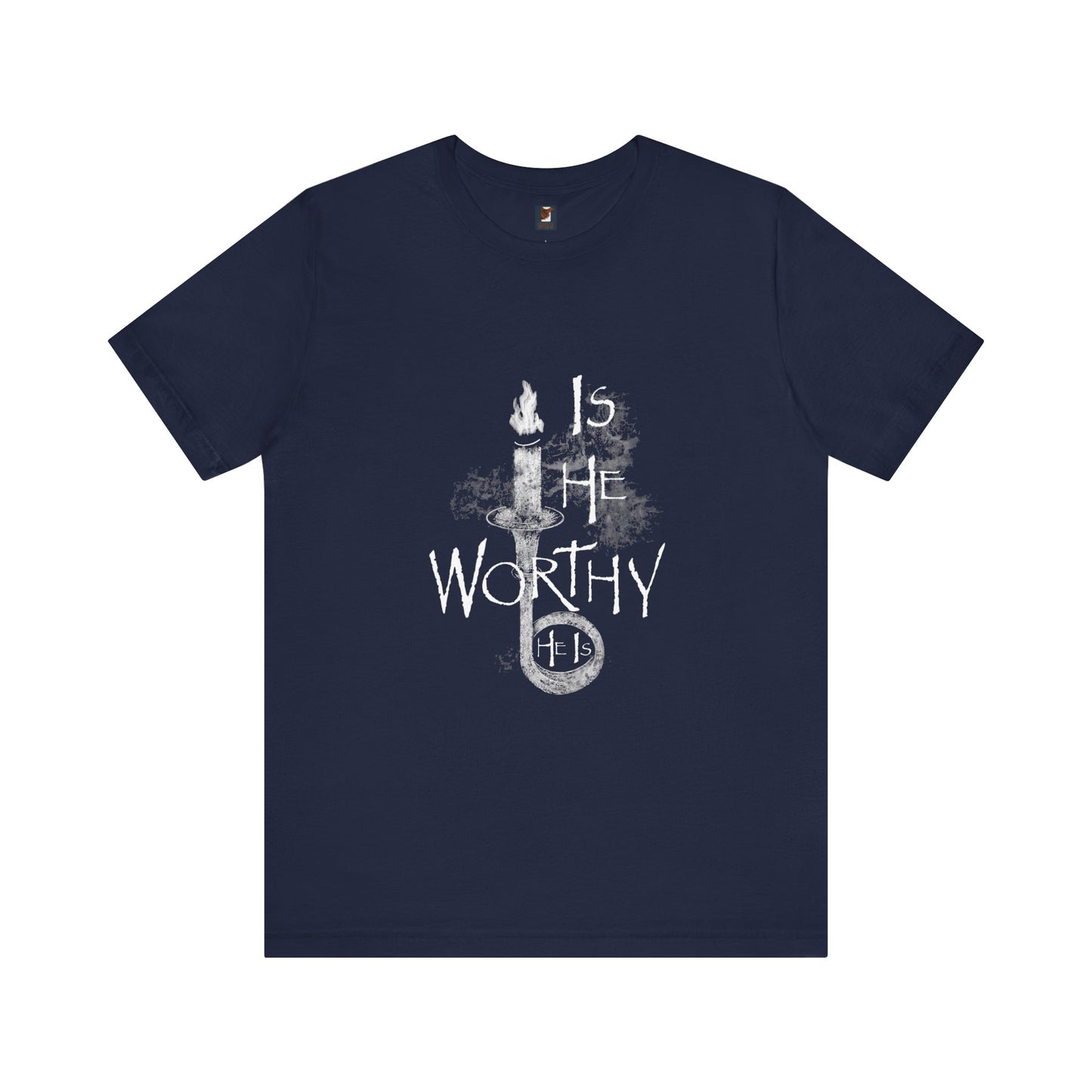
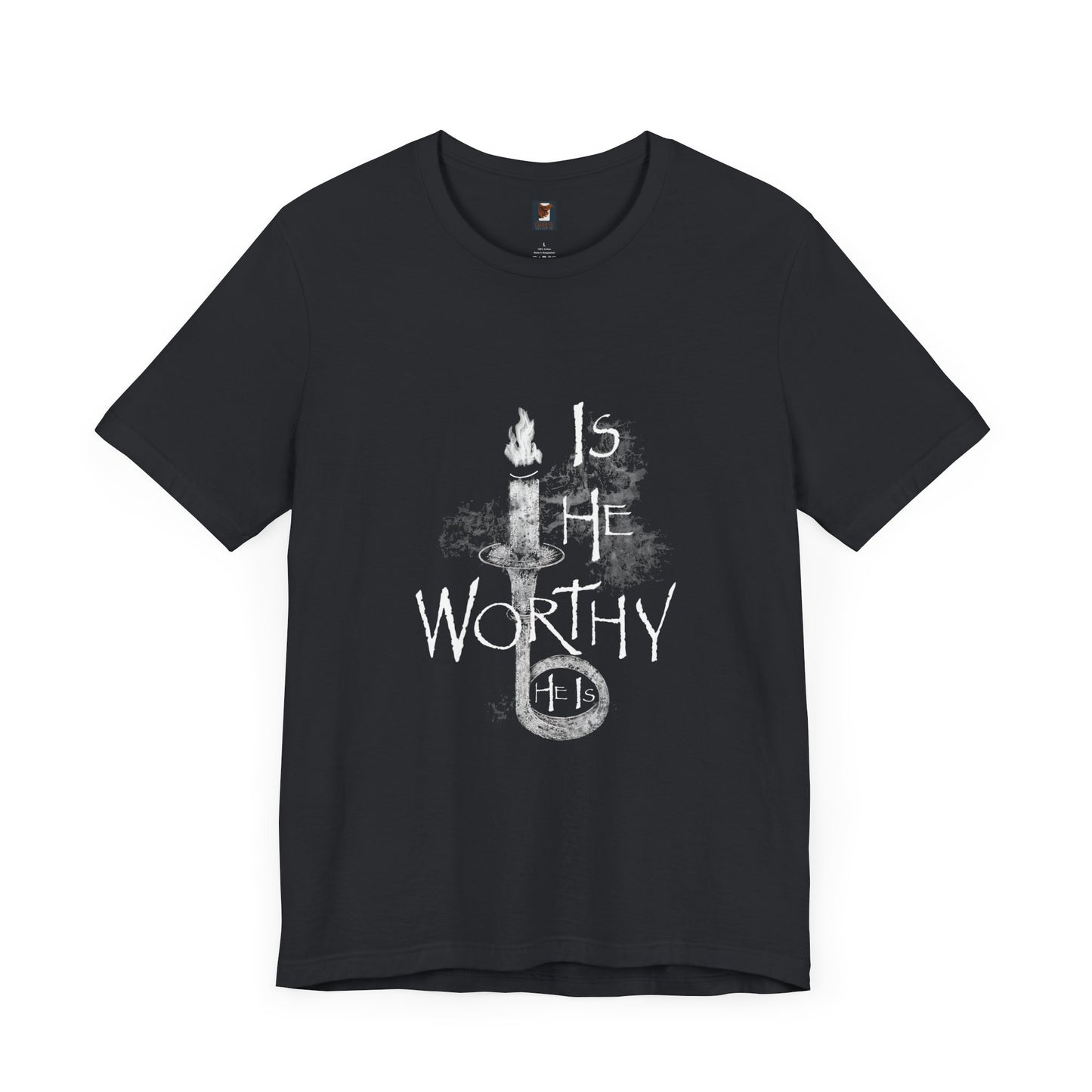
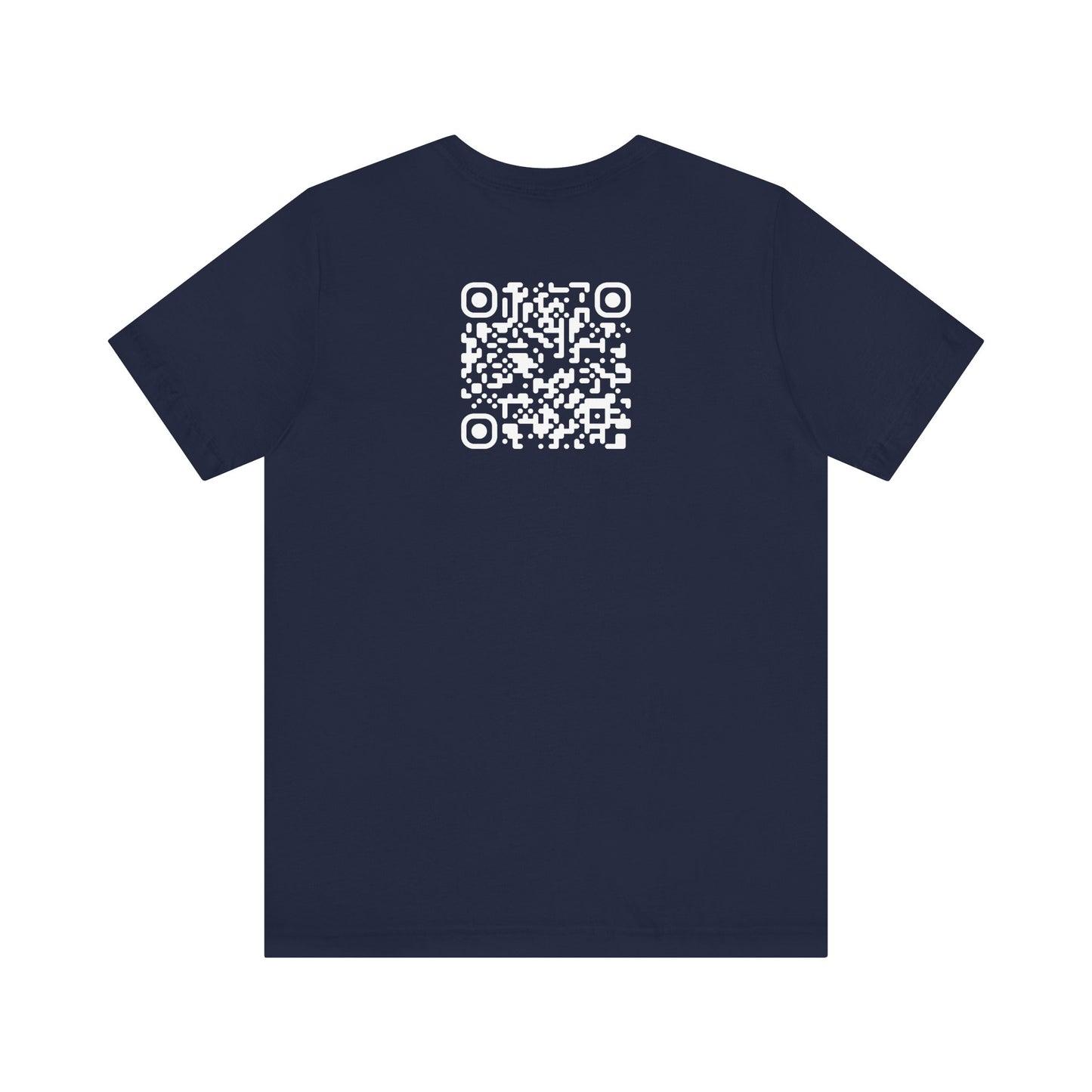
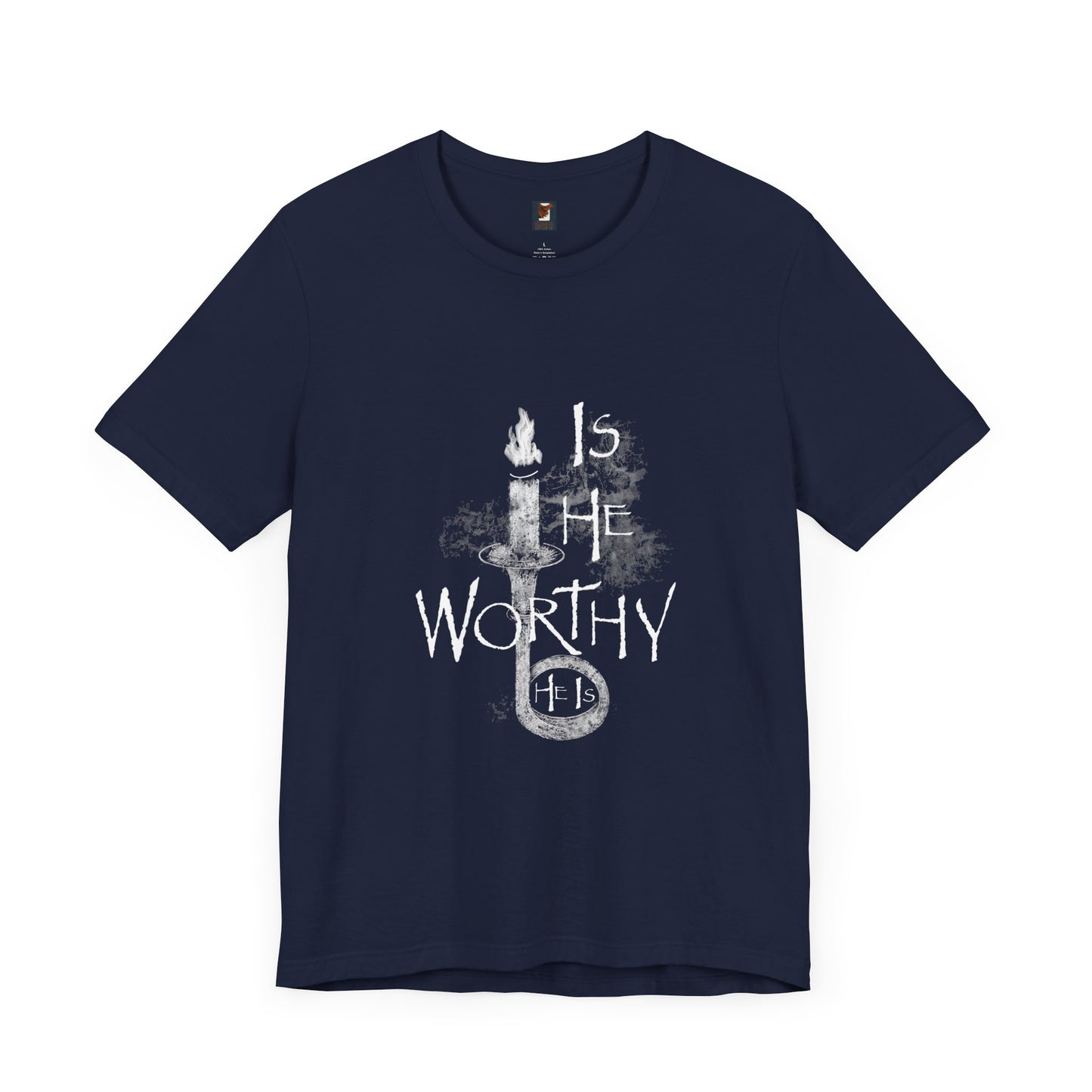

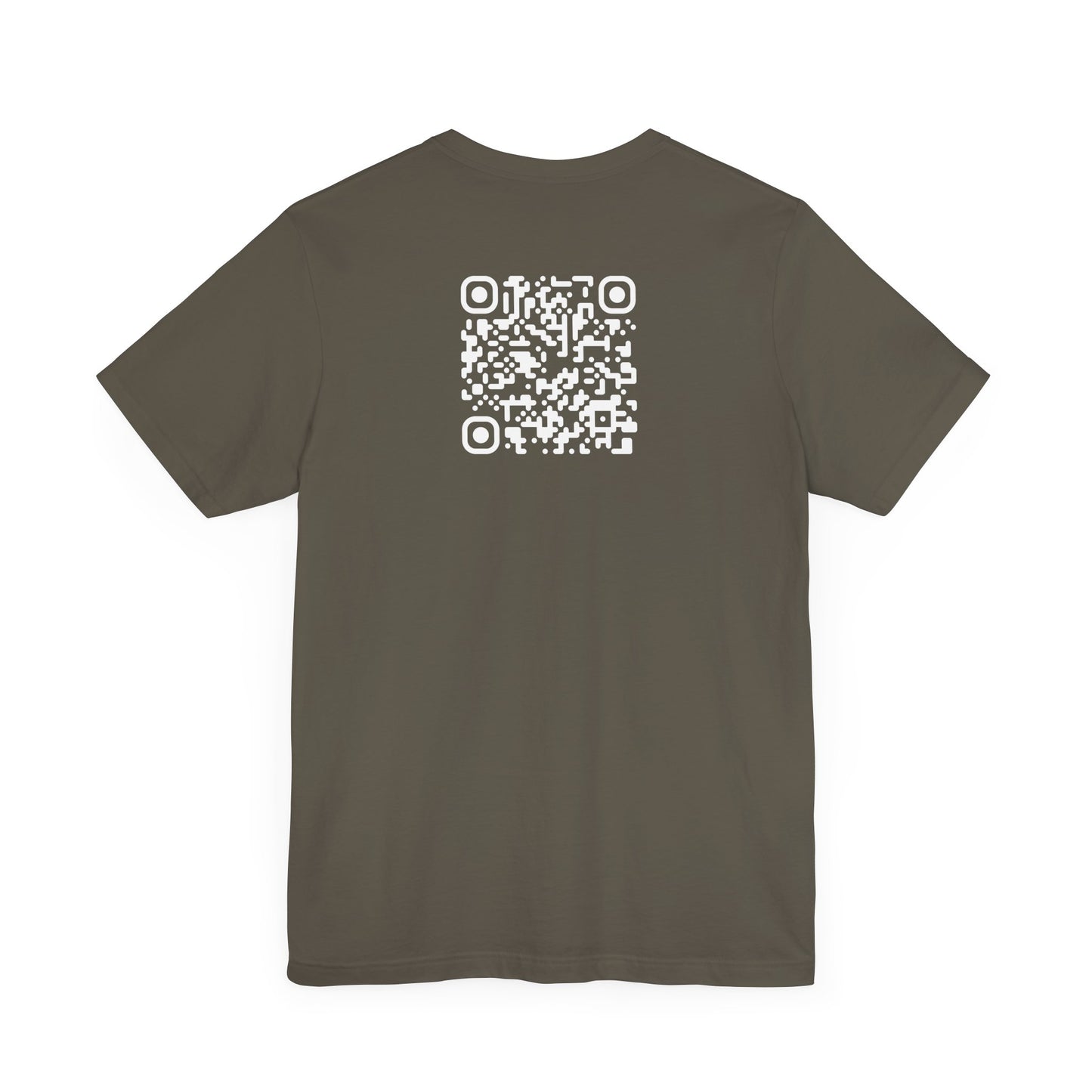

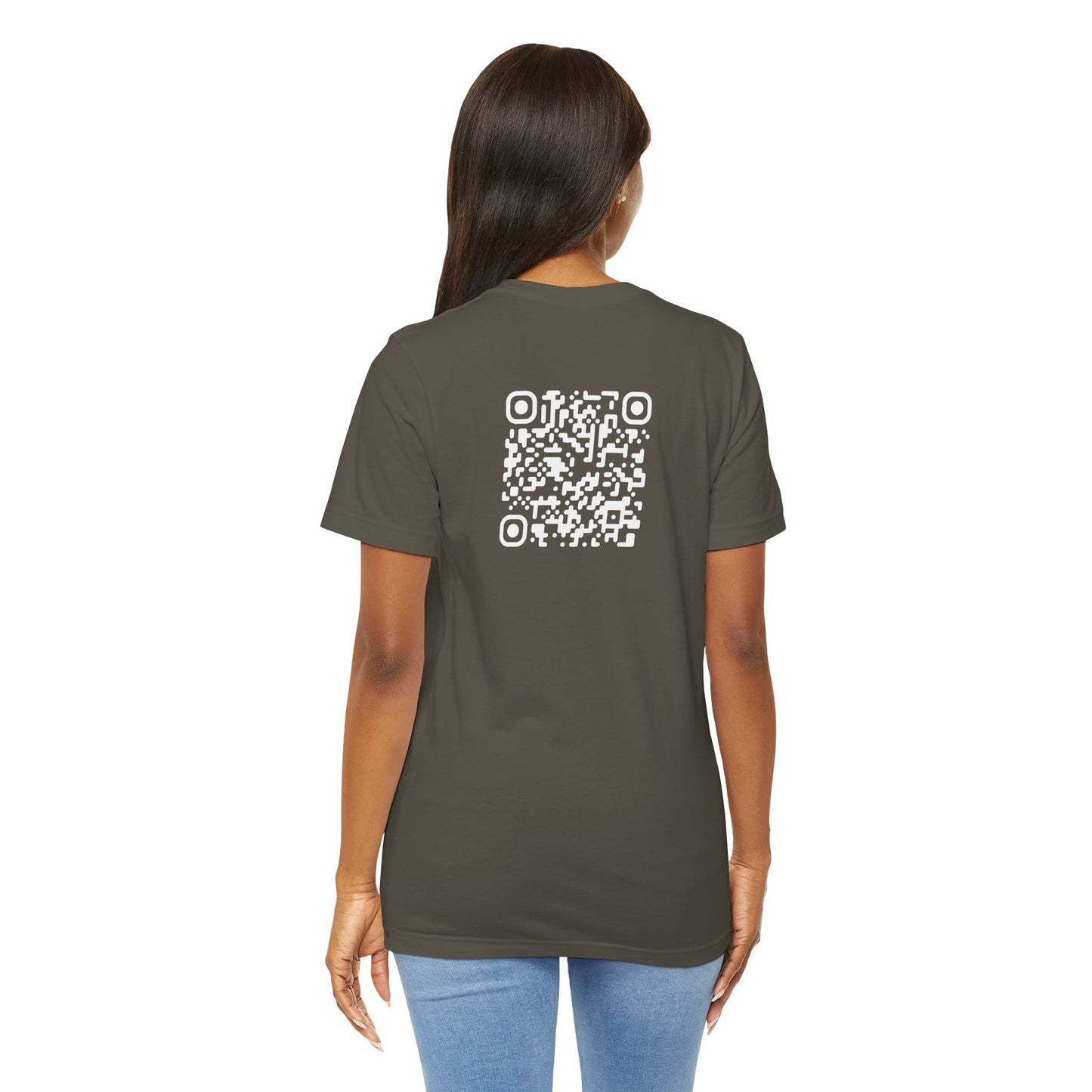
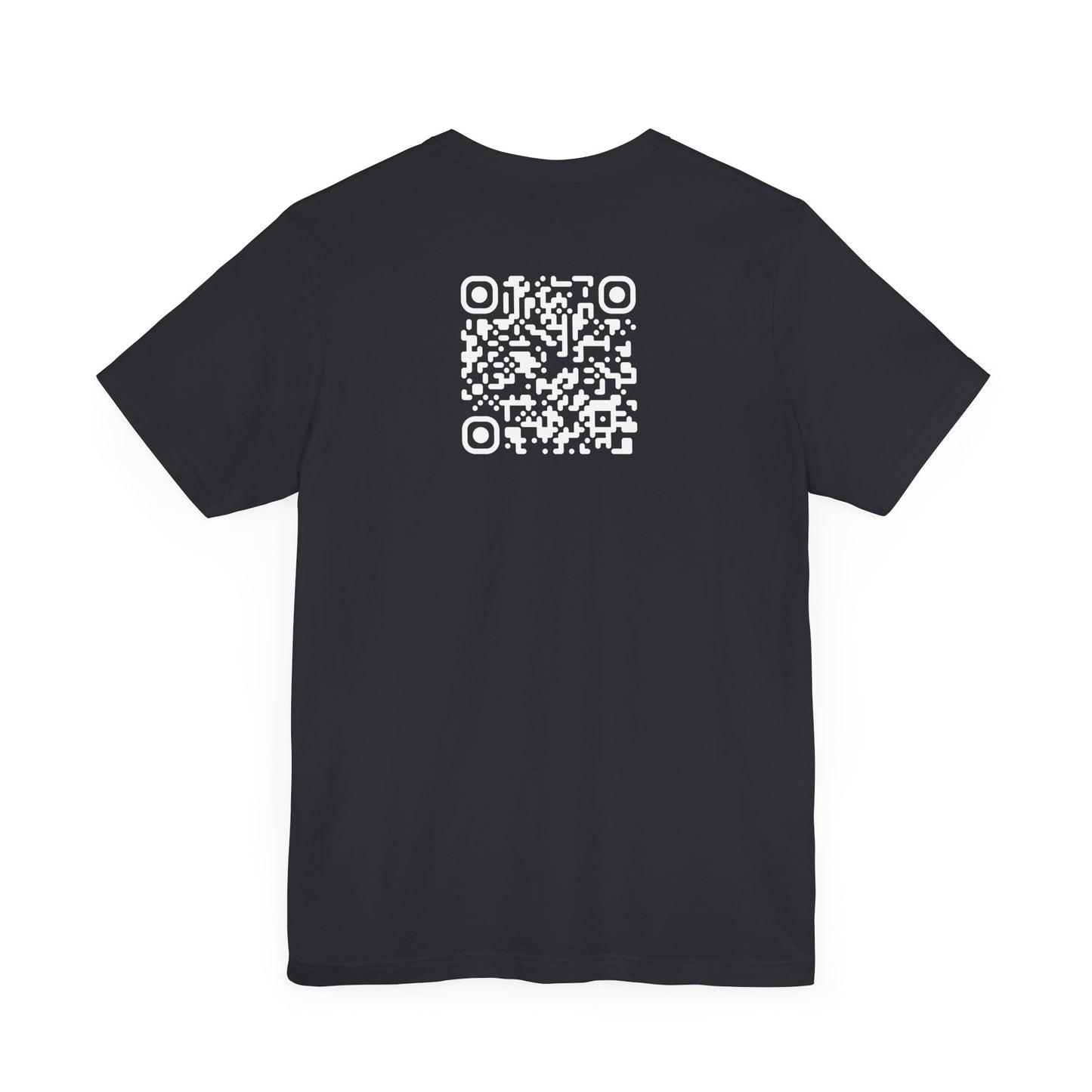


-
Genuine Leather Bible Cover | Handmade Leather
Regular price $32.99 USDRegular priceUnit price / per -
SON OF GOD | Unisex Ultrasoft Tee
Regular price From $29.99 USDRegular priceUnit price / per -
IS HE WORTHY | Crewneck Sweatshirt
Regular price From $42.99 USDRegular priceUnit price / per -
IS HE WORTHY | Unisex Ultrasoft Tee
Regular price From $29.99 USDRegular priceUnit price / per
Shop All of Our Collections
-

Unveiled Gospel
The Unveiled Gospel Collection is a unique way to share your faith!...



